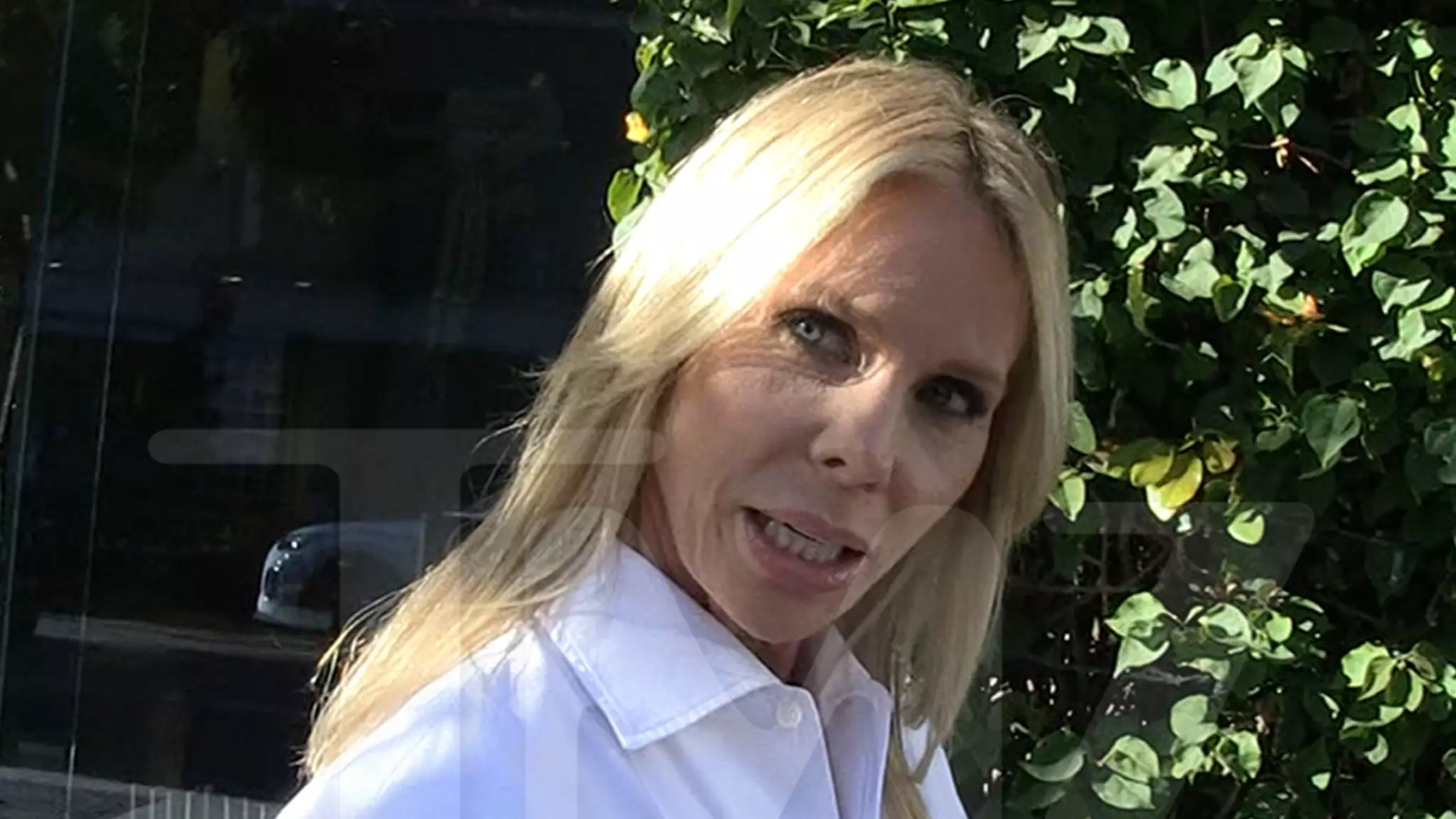Cheryl Hines, a well-known actress and strong advocate for healthy living, recently found herself navigating a fascinating contradiction in her husband’s dietary choices amid the political fray. Her husband, Robert F. Kennedy Jr., a prominent health advocate and environmental lawyer, was photographed indulging in fast food alongside former President Donald Trump. This imagery raises eyebrows, especially given RFK Jr.’s vocal stance against processed foods and the typical American diet, which he has labeled “poison.” Such a scene seems at odds with his public persona and long-standing promotion of healthier alternatives.
The juxtaposition of Kennedy’s dietary advocacy and his recent fast-food feast presents a rich narrative of irony. Cheryl’s comments about Robert’s strong will underscore the fundamental conflict between personal beliefs and external influences, particularly in a political environment where appearances can be surprisingly misleading. Her assertion that he remains steadfast amidst the fast-food culture of Trump and his circle hints at a deeper commitment to his principles, even if the visual narrative suggests a temporary lapse.
The political landscape often compels individuals to make compromises, whether in policy positions or personal habits. In light of Kennedy Jr.’s recent nomination by Trump for the position of Secretary of the Department of Health and Human Services, the pressure to align with the administration’s culture could be immense. Cheryl’s light-hearted take on RFK Jr. “expanding his diet” illustrates the potential need for adaptability in a world where allegiance to one’s health convictions can be challenged by social engagements and political alliances.
It also serves as a commentary on how community and camaraderie can sometimes overshadow personal values, leading individuals to partake in activities they ordinarily would refute. If Kennedy’s advocacy includes stringent regulations on processed foods, yet he is seen consuming them, it leaves room for skepticism regarding his future commitments to public health standards. The stakes are high, as food policy can significantly influence public health outcomes.
Cheryl’s decision to continue her acting career while supporting Robert reflects a dynamic partnership where both individuals maintain their distinct identities yet collaborate in unprecedented circumstances. Such a relationship, underpinned by respect and mutual admiration, greatly contributes to their ability to navigate the complexities of public life. In her remarks, there’s an undercurrent of optimism that Robert can balance political duties with a return to healthier eating habits, making room for those proverbial almonds and kale.
Ultimately, as they prepare for the transition to Washington D.C., the challenge lies in their ability to foster a lifestyle that resonates with their advocacy while engaging in a political atmosphere often at odds with those very values. It is a delicate balance that will be scrutinized both publicly and privately, raising questions about integrity, authenticity, and the true meaning of health advocacy in a politically charged environment. The story of Cheryl Hines and Robert F. Kennedy Jr. serves as a microcosm of the broader narrative regarding health, politics, and the inevitable compromises that accompany both spheres.

